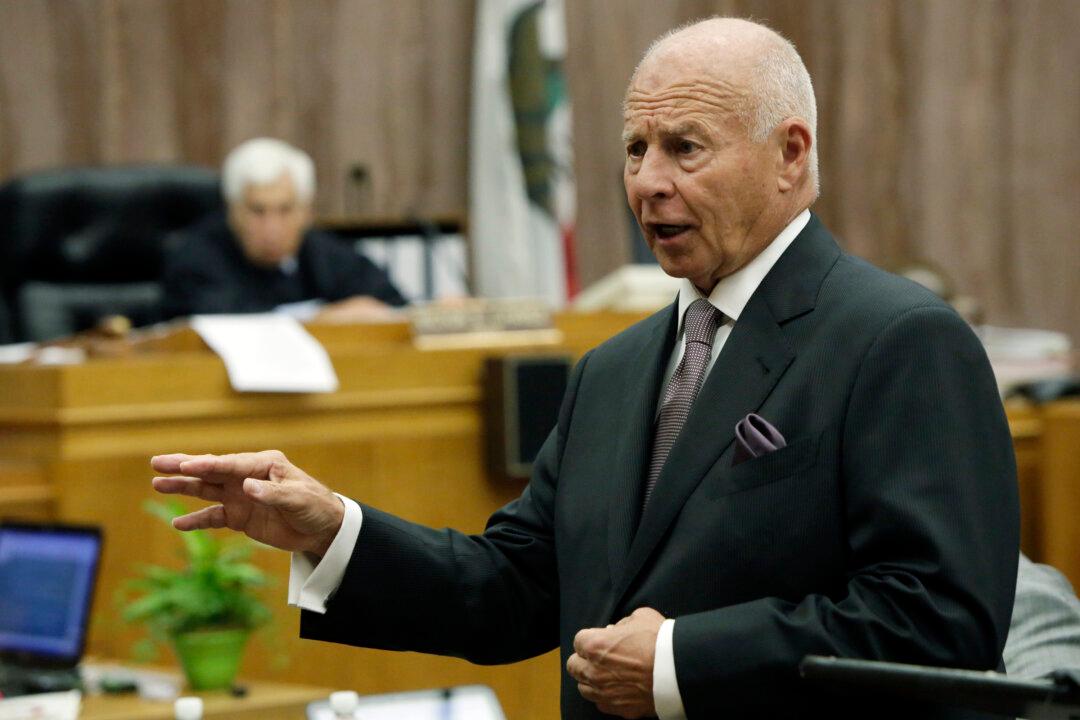Disney has scored a huge victory in a proxy battle against a group of activist investors who were coveting seats on the company’s executive board.
The shareholder vote at Disney’s annual shareholders’ meeting saw nominees put forward by Trian Fund Management and Blackwells Capital defeated by a substantial margin over Disney’s board of directors, in what was described as a defining victory for Disney CEO Bob Iger.




